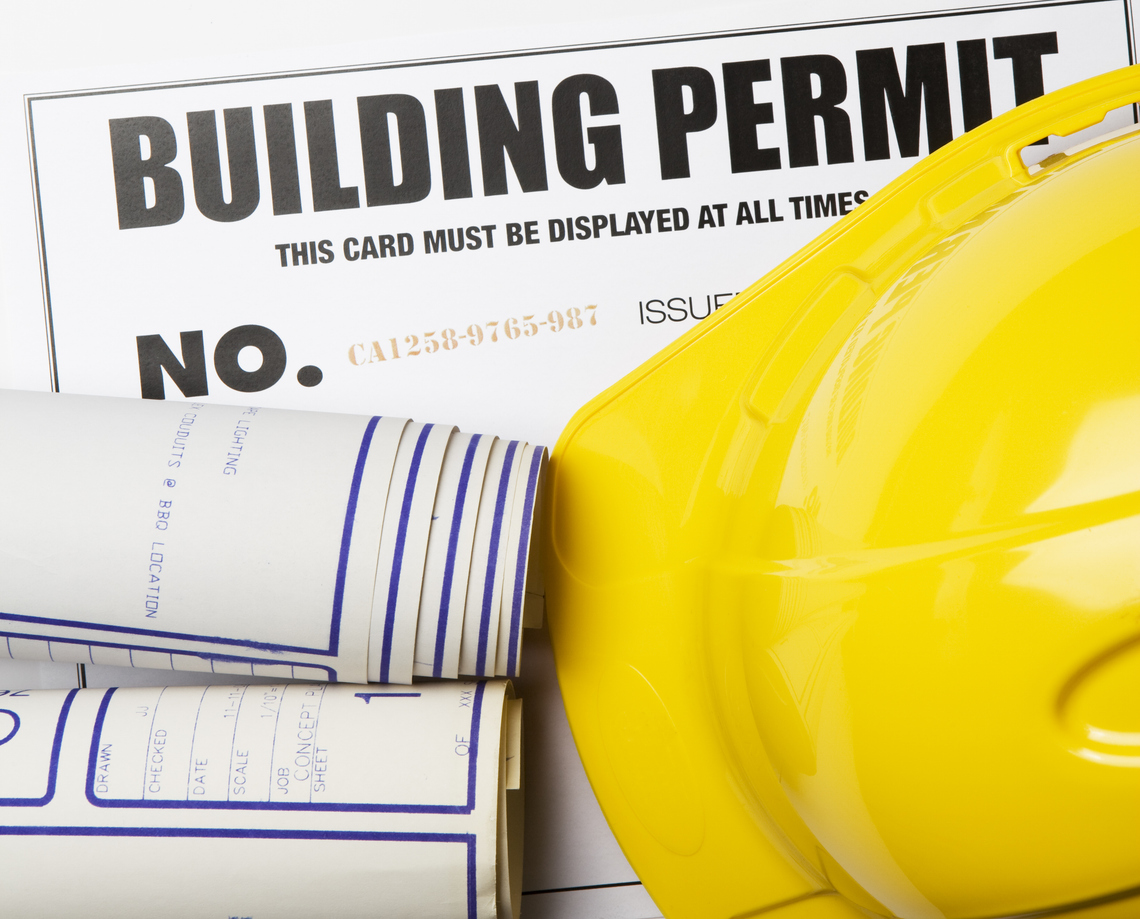Last week, Chip Merlin posted Public Adjusters Win Free Speech Rights and Ability to Promptly Help Policyholders. This was a long awaited decision that our firm and public adjusters licensed in Florida have been following since Mr. Kortum filed the action for declaratory relief. But many may not be aware of the similar case from 1988 decided by the Pennsylvania Supreme Court. In Insurance Adjustment Bureau v. The Insurance Commissioner for the Commonwealth of Pennsylvania, the Pennsylvania Supreme Court held that a 24-hour ban on public adjuster claim solicitation was an improper burden on free speech rights.
It was 1983 when Pennsylvania amended its public adjuster law to bar any public adjuster from soliciting “a client for employment within twenty-four hours of a fire or other catastrophe or other occurrence…” A complaint was later filed for an injunction enjoining the amendment to the law. The public adjusting partnership that filed the action argued the law improperly infringed on its free speech rights.
One of the arguments raised by the Commonwealth was that prohibiting the solicitation was permissible because it was only a regulation on speech as to the time, place, and manner. The Commonwealth also argued that if public adjusters were allowed to solicit business within twenty-four hours of a disaster, they may utilize fraudulent practices.
Pennsylvania, like Florida, has it own safeguards in place to make sure policyholders are not victims of fraudulent practices. The Commonwealth had the ability, even back in 1983, to fine adjusters, suspend them, or revoke their licenses. Moreover, the contract used by public adjusters was required to be approved by the state and have a four day rescission period. Public adjusters also had to be bonded to perform their services.
The Pennsylvania Supreme Court recognized the state’s safeguards could properly regulate the public adjusting profession and the ban on commercial free speech was not proper.
The Court also noted early communication is needed in these types of claims.
The period of time immediately following a disaster may be the only time during which a property owner can be located before moving to an unknown address because of the disaster which has affected his property.
To reach its decision, the Pennsylvania Supreme Court also applied a balancing test, weighing the government’s interest against those individuals or entitles whose speech has been regulated. The Court found that the twenty-four hour ban on solicitation should not be allowed. “We will not allow the prior restraint or the other restriction of commercial speech by any governmental agency where legitimate, important interests of government may be accomplished practicably in another, less intrusive manner.”
Like Pennsylvania, Florida now too has properly decided this issue.
A special thanks to Larry Berman, of Berman Adjusters, for sending the case and the cartoon.




